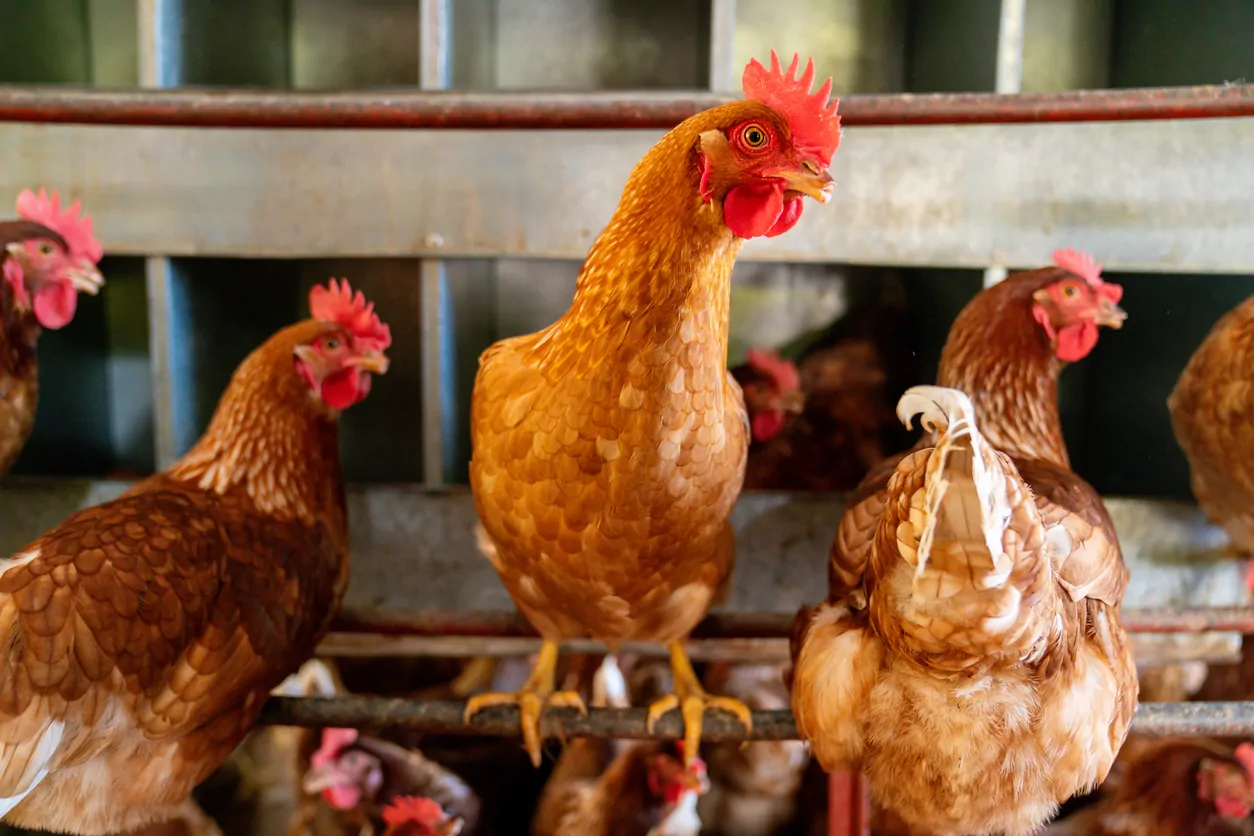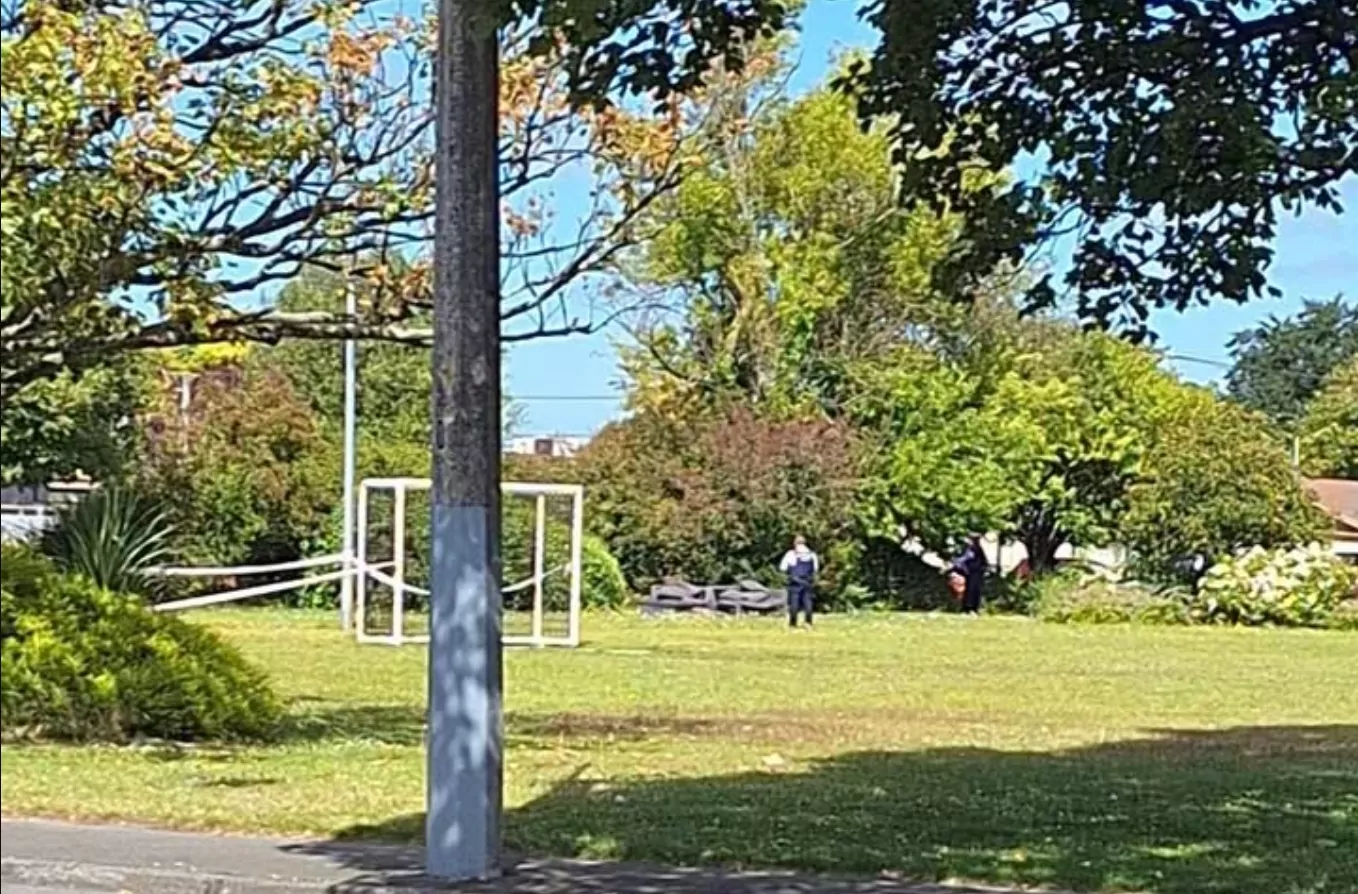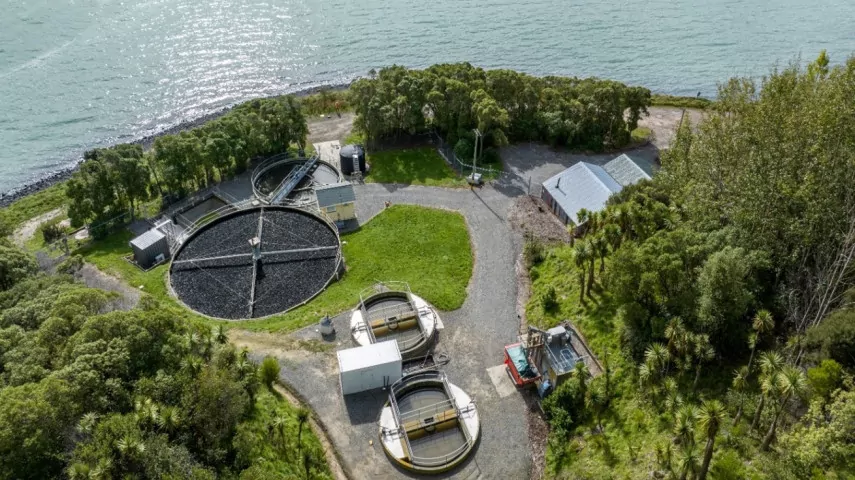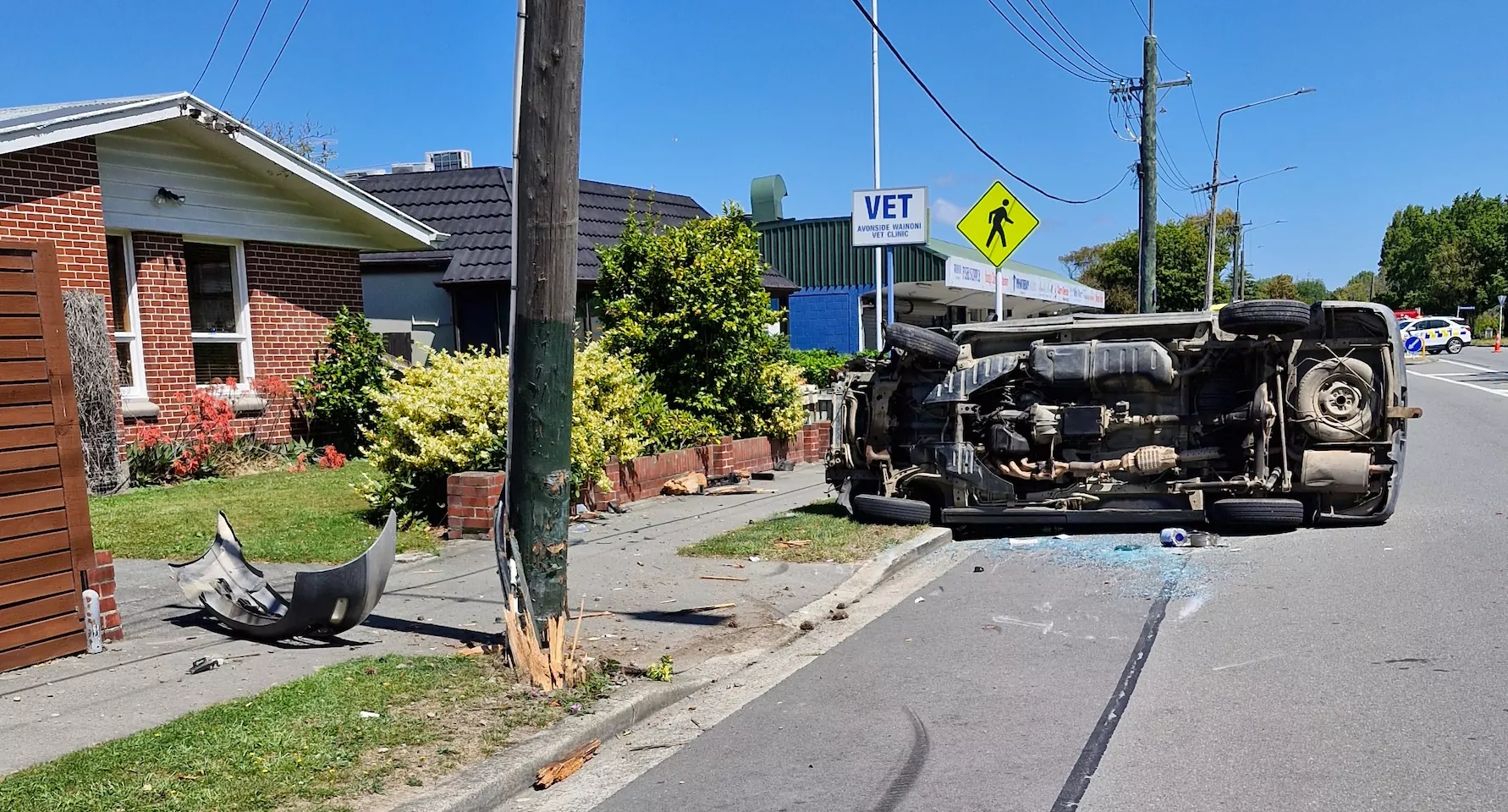Biosecurity New Zealand announced today that testing to date from a small free-range layer chicken farm near Dunedin has returned negative results for high pathogenic avian influenza (HPAI).
The precautionary restricted place notice, imposed earlier this week after the deaths of some of the farm’s estimated 6,000 birds, remains in place while further testing continues. Biosecurity New Zealand’s deputy director-general Stuart Anderson said, “We’ve tested a number of samples from the Dunedin farm and if HPAI was present, we would have expected to see it in most of them, but we haven’t found any.
“These results will be welcome news for the farmer, and we would like to acknowledge their efforts in reporting the deaths and working with our staff. At this stage, we believe the issues on the farm are caused by an existing New Zealand disease among the birds, and we will work with the farm to identify what it is and provide support.”
Progress at Hillgrove
Meanwhile, efforts continue at the Mainland Poultry farm in Hillgrove, Otago, where the H7N6 subtype of avian influenza was confirmed last weekend. The depopulation of chickens in two sheds is ongoing, with the birds being safely disposed of at a secure landfill.
Monitoring and testing at five other Mainland Poultry properties in the area have so far shown no signs of disease, and production remains unaffected.
“The Ministry for Primary Industries’ enhanced PC3 laboratory at Wallaceville in Wellington continues to steadily work through hundreds of samples, and it’s good news that we’ve not found any other infection yet,” said Anderson.
He commended the rapid response and cooperation from farmers and industry partners, saying, “We’ve moved quickly in the past week to put in restrictions, investigate, track, and test, and I thank the farmers involved and our industry partners for their help—together we’ve made strong progress.”
Enhanced surveillance efforts
Teams from Biosecurity New Zealand are actively visiting properties within the 10-kilometre enhanced surveillance zone around Hillgrove. Landowners, including those with commercial and backyard poultry, are being provided with biosecurity advice and information on identifying and reporting signs of HPAI.
“We remain confident that we are on the right track to stamping out H7N6,” Anderson said.
Public health and food safety
Anderson reassured the public that the risk to human health remains low, and there are no concerns for food safety or wildlife.
“Avian influenza viruses are killed by cooking, so it remains safe to eat thoroughly cooked egg and poultry products,” he said. “Raw eggs have always been considered a high-risk food. Our advice remains not to consume or serve raw eggs, especially to those with low or compromised immune systems, as the eggs may contain harmful pathogens.”









